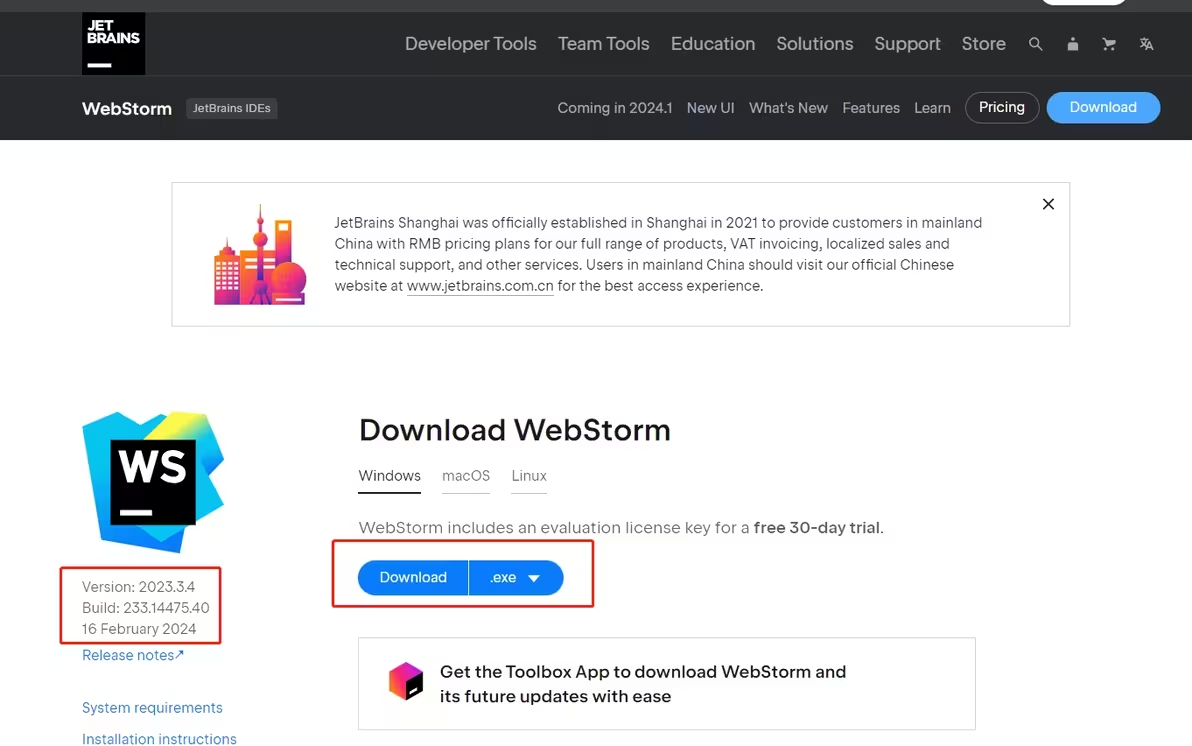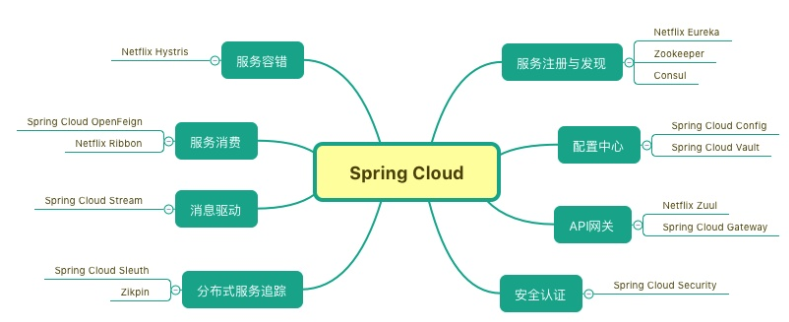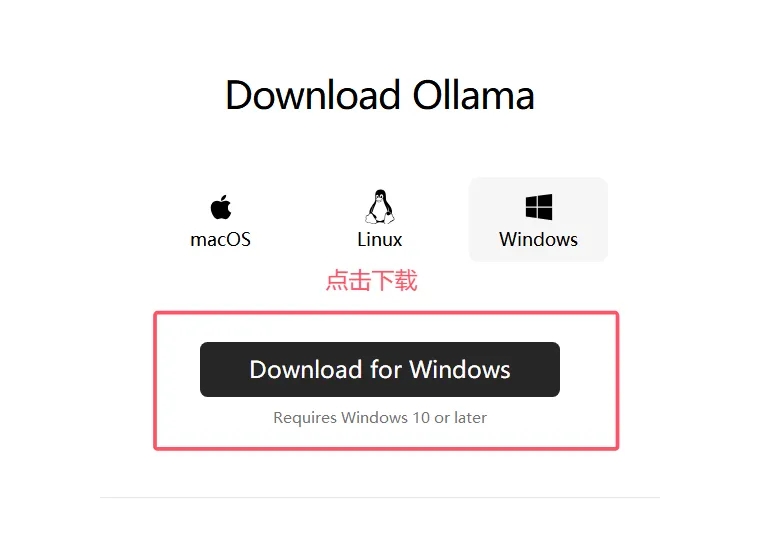<script setup lang="ts">
interface Props { foo: string bar?: number }
const props = defineProps<Props>()
</script>
像以上接口定义的方式,如果有多个定义的接口,使用声明的时候可以组合多类型混合的方法吗?
是的,在 TypeScript 中,您可以使用交叉类型(&)或联合类型(|)来组合多个接口,从而实现多个接口类型的混合。在 Vue 3 的 defineProps 里,您也可以这样进行组合。
1. 使用交叉类型(&) :
如果您想将多个接口的属性合并到一起(即所有接口的属性都必须存在),可以使用交叉类型。
例如,假设我们有两个接口:
interface FooProps {
foo: string
}
interface BarProps {
bar?: number
}
interface BazProps {
baz: boolean
}
您可以通过交叉类型将这些接口组合成一个类型:
<script setup lang="ts">
interface FooProps {
foo: string
}
interface BarProps {
bar?: number
}
interface BazProps {
baz: boolean
}
const props = defineProps<FooProps & BarProps & BazProps>()
</script>
在这个例子中,props 将会包含 foo、bar 和 baz 属性,bar 是可选的。
2. 使用联合类型(|) :
如果您希望props可以是多个接口中的任意一个,可以使用联合类型。
例如:
<script setup lang="ts">
interface FooProps {
foo: string
}
interface BarProps {
bar?: number
}
const props = defineProps<FooProps | BarProps>()
</script>
在这个例子中,props 可以是 FooProps 或 BarProps 之一。也就是说,props 要么有 foo 属性,要么有 bar 属性,且 bar 是可选的。
3. 组合多个类型的例子:
您也可以结合使用交叉类型和联合类型,来实现更复杂的组合方式。
例如:
<script setup lang="ts">
interface FooProps {
foo: string
}
interface BarProps {
bar?: number
}
interface BazProps {
baz: boolean
}
const props = defineProps<(FooProps & BarProps) | BazProps>()
</script>
这个例子表示 props 要么包含 foo 和 bar 属性,要么只包含 baz 属性。
小结:
- 交叉类型(
&) :适用于将多个接口的属性合并成一个类型,所有属性都必须存在。 - 联合类型(
|) :适用于使props可以接受多个类型中的任意一个。 - 您可以根据需求选择使用交叉类型、联合类型,或者结合使用。
到此这篇关于Typescript定义多个接口类型声明的方式小结的文章就介绍到这了,更多相关Typescript定义接口类型声明内容请搜索脚本之家以前的文章或继续浏览下面的相关文章希望大家以后多多支持脚本之家!
来源链接:https://www.jb51.net/javascript/33478529w.htm
© 版权声明
本站所有资源来自于网络,仅供学习与参考,请勿用于商业用途,否则产生的一切后果将由您(转载者)自己承担!
如有侵犯您的版权,请及时联系3500663466#qq.com(#换@),我们将第一时间删除本站数据。
如有侵犯您的版权,请及时联系3500663466#qq.com(#换@),我们将第一时间删除本站数据。
THE END












暂无评论内容